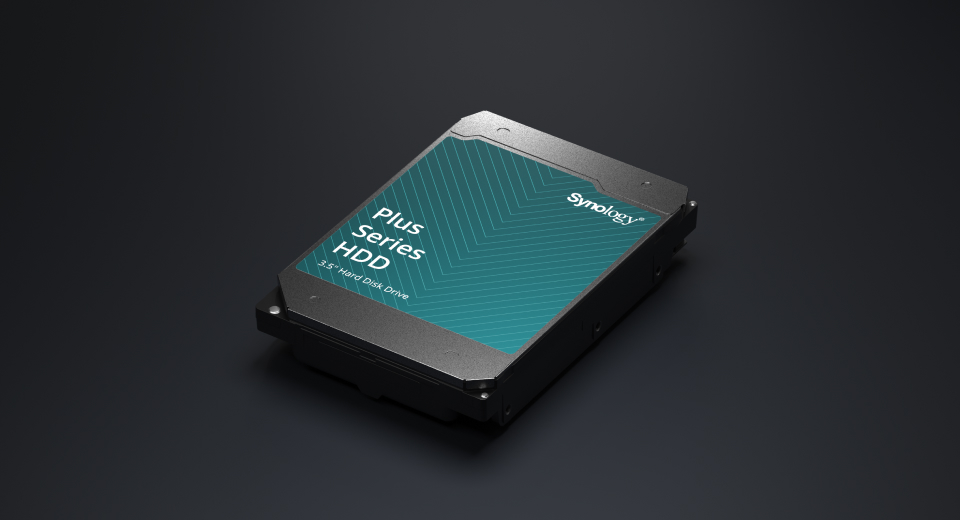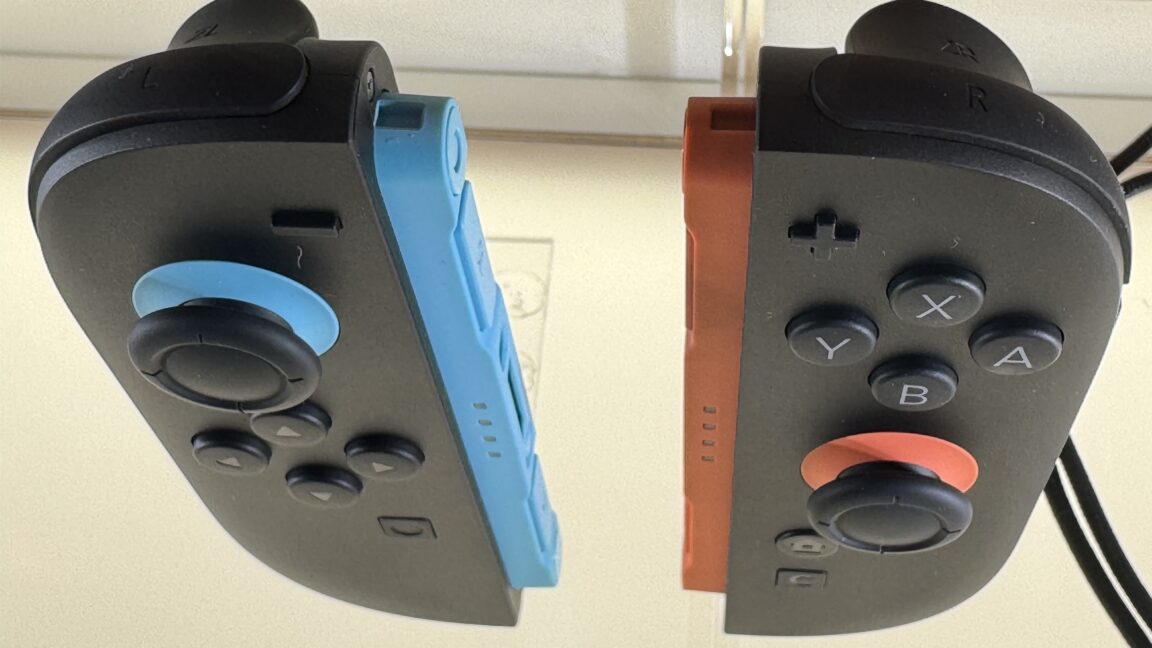
However, it is clear that these groups are sharing their concerns with lawmakers.
Last week, SEMI, a global industry group, was holding talks in Washington, DC, with chipmakers and lawmakers, in a blog noting they were advocating "for policy changes vital to the semiconductor industrys continued growth and innovation." In their blog, SEMI urged that the Trump administration should not rush their investigation and impose tariffs arbitrarily, without giving SEMI and other industry groups a chance to continue educating officials "on the nuances and critical importance of the complete semiconductor supply chain.""Traditionally, such investigations have been conducted over a prolonged period of time for the government to collect data directly from companies and solicit feedback from industry," SEMI's blog said.Since taking office, Trump has abruptly announced tariff shifts in vague Truth Social posts, rather than clearly explaining new trade policies in official White House fact sheets or announcements.
His calculations for various tariffs have been criticized, and SEMI pointed out that its members are frustrated, experiencing "intense difficulties of tracking changes on tariffs and other policies."Industry backlash may intensify once tariffs are officially announced.
During Trump's prior administration, SEMI pushed against tariffs, warning that a 25 percent tariff on some China goods in 2019, including chipmaking equipment, would "hurt companies in the semiconductor supply chain by introducing significant uncertainty, increasing costs and subjecting companies to retaliatory tariffs while ultimately doing nothing to address our concerns regarding Chinas trade practices."But so far, SEMI has seemingly not rushed to issue such a strong warning about 145 percent tariffs on all China goods, perhaps including semiconductors and other electronics, only bemoaning that an April 11 addendum to the US tariff exemption list "did not result in a complete exemption for the semiconductor supply chain."According to Reuters' sources, chipmakers anticipate tariff costs to include not just lost revenue but also missed sales and increased costs of diverting supply chains.
Chipmakers must also bear the costs of complying with tariffs, like hiring staff to ensure no violations further disrupt business.

 7
7















